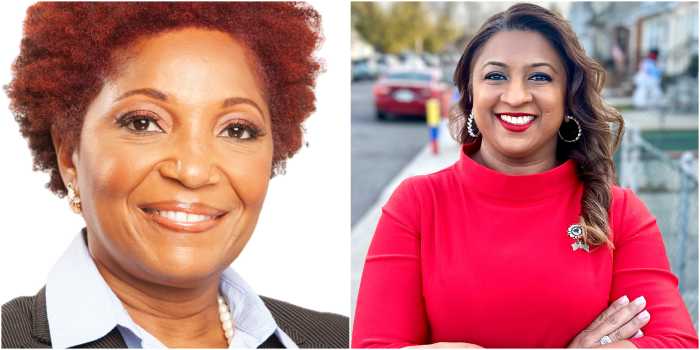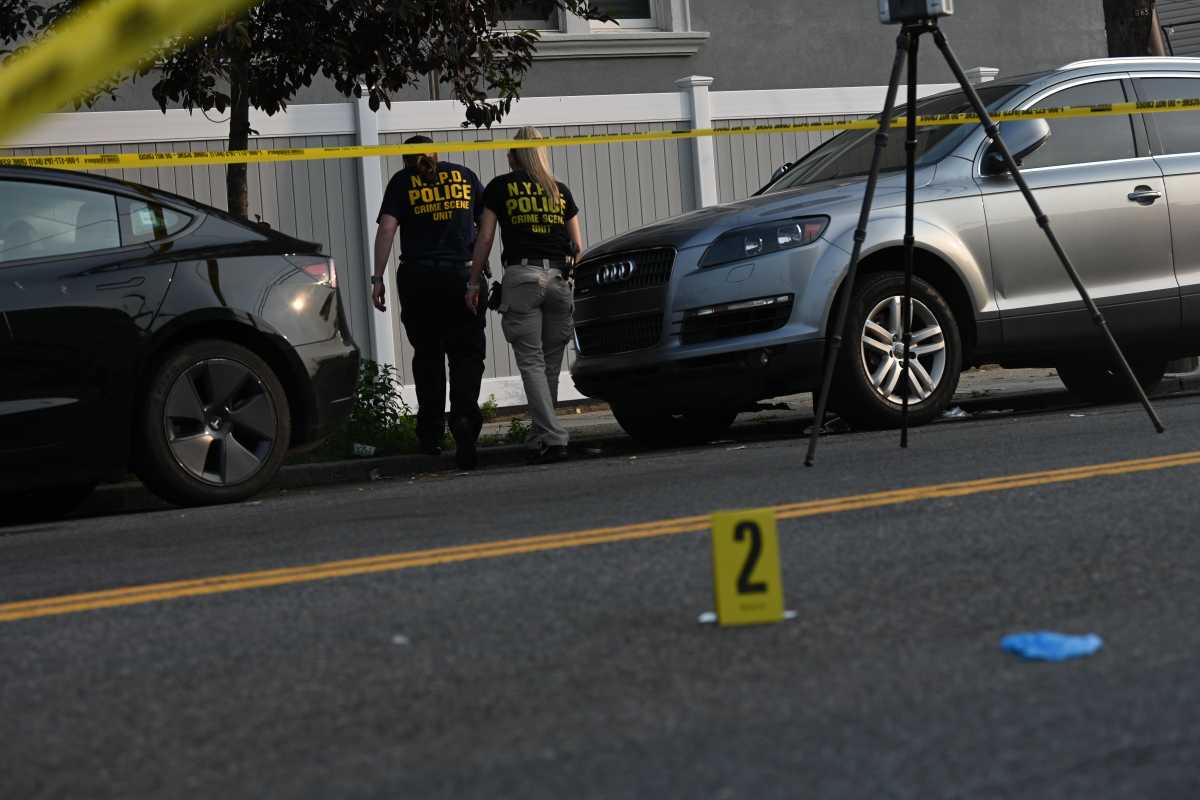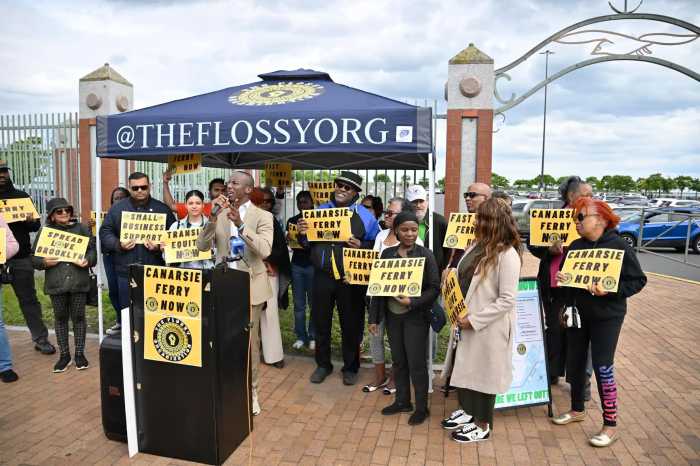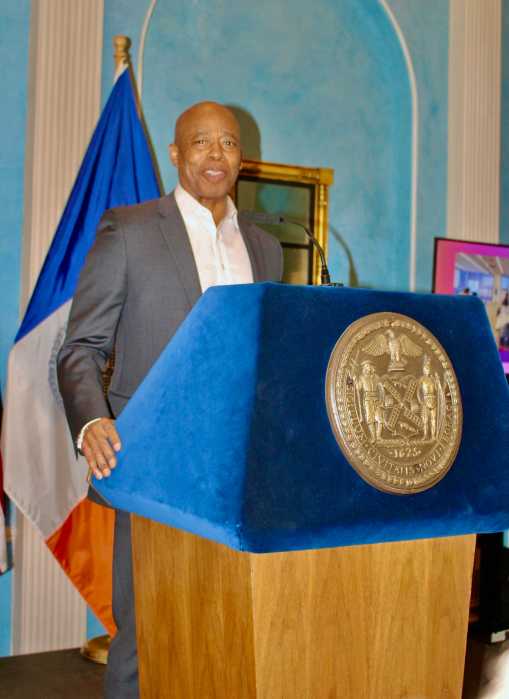Sticking to the
not-so fine print
A man accused of helping kill his friend’s girlfriend is demanding that the Kings County District Attorney’s office abide to a misdemeanor plea deal he had with them back when prosecutors believed that he wasn’t an active participant in the crime.
A judge recently demanded two hearings in the case against Matthew Hester, who was arrested in 2005 for assisting Jahmeel Lee dispose of Claudia Hall’s body.
Hester, who was questioned in 2005, led investigators to Lee after hammering out a deal in which he would plead to a misdemeanor count of hindering prosecution as long as he provided “complete, accurate and truthful information known to him concerning activities related to the murder of Claudia Hall.”
Thanks to Hester’s help, Lee was charged with the 2004 murder of Hall, a resident of Avenue D. Investigators charged that Lee stabbed his girlfriend to death, stuffed her remains in a box and then set the box on fire.
The murdered woman’s remains were later recovered on Livonia Avenue.
Hester claimed that Lee had enlisted him to help dispose of Hall’s body.
But, as the investigation progressed, detectives discovered that Hester not only helped dispose of the body, but helped kill her as well.
Prosecutors immediately indicted Hester with murder, claiming that the earlier plea agreement was null and void because he “intentionally gave false misleading and incomplete information,” about Hall’s death.
But Hester’s attorney said that his client can’t be charged with murder because he had already pleaded guilty to hindering prosecution, and double jeopardy protection “bars further prosecution for actions involving the same criminal conduct.”
While Judge Matthew J. D’Emic disagreed with Hester’s attorney’s logic, claiming that “clearly, the crimes of hindering prosecution and murder are separate and distinct offenses with no overlapping elements,” he did allow the hearings to go forward.
Lee, who is currently incarcerated for murder, also went seeking a get-out-of-jail card recently, claiming that the charges against him should be dropped because it took several years to bring his case to trial – a move which he claims violated his 6th Amendment rights.
Upon reviewing Lee’s claims, Judge Matthew D’Emic threw out the petition, claiming that Lee could not prove that prosecutors delayed the trial because of “prejudice to his defense.”
Not all of the delays were attributable to prosecutors either, D’Emic discovered, claiming that the wheels of justice in his case rusted over partly because of the motions filed by Lee’s defense team.
Wedding-bell bruises
A judge has allowed a trial to go forward against both the city and Congregation Shaarei Zion, claiming that their negligence led to the collapse of bleachers at a wedding of a Borough Park Grand Rebbe’s grandson.
The parents of several children injured in the bleacher collapse claimed that the children were attending the wedding of Grand Rebbe Halberstan’s grandson back in 2000 when the bleachers gave out underneath them.
Attorneys for the plaintiffs claim that both Congregation Sharrei Zion and the city were negligent because the bleachers that they supplied for the event were either defective or set up wrong.
The large Chassidic wedding was held on a city street. Roughly 4,000 people were in attendance.
According to the complaint, the young victims said that the bleachers were “jam packed” and that they were “squished like sardines” when they gave way.
The city and the Congregation filed to have the suit dismissed because they “did not own the bleachers, did not maintain or repair the bleachers, did not set up the bleachers and did not know of any weight or spectator limits on the bleachers.”
The accident that led to the children’s injuries, they said, was not foreseeable, so therefore they could not be responsible.
Judge Robert J. Miller dismissed the argument and the call to have the case dismissed, saying that a jury should decide that the Congregation should have “insured against foreseeable risks, which included providing general crowd control as well as preventing overcrowding to the bleachers that it had admittedly requested and had placed at the event,” according to court papers.
























